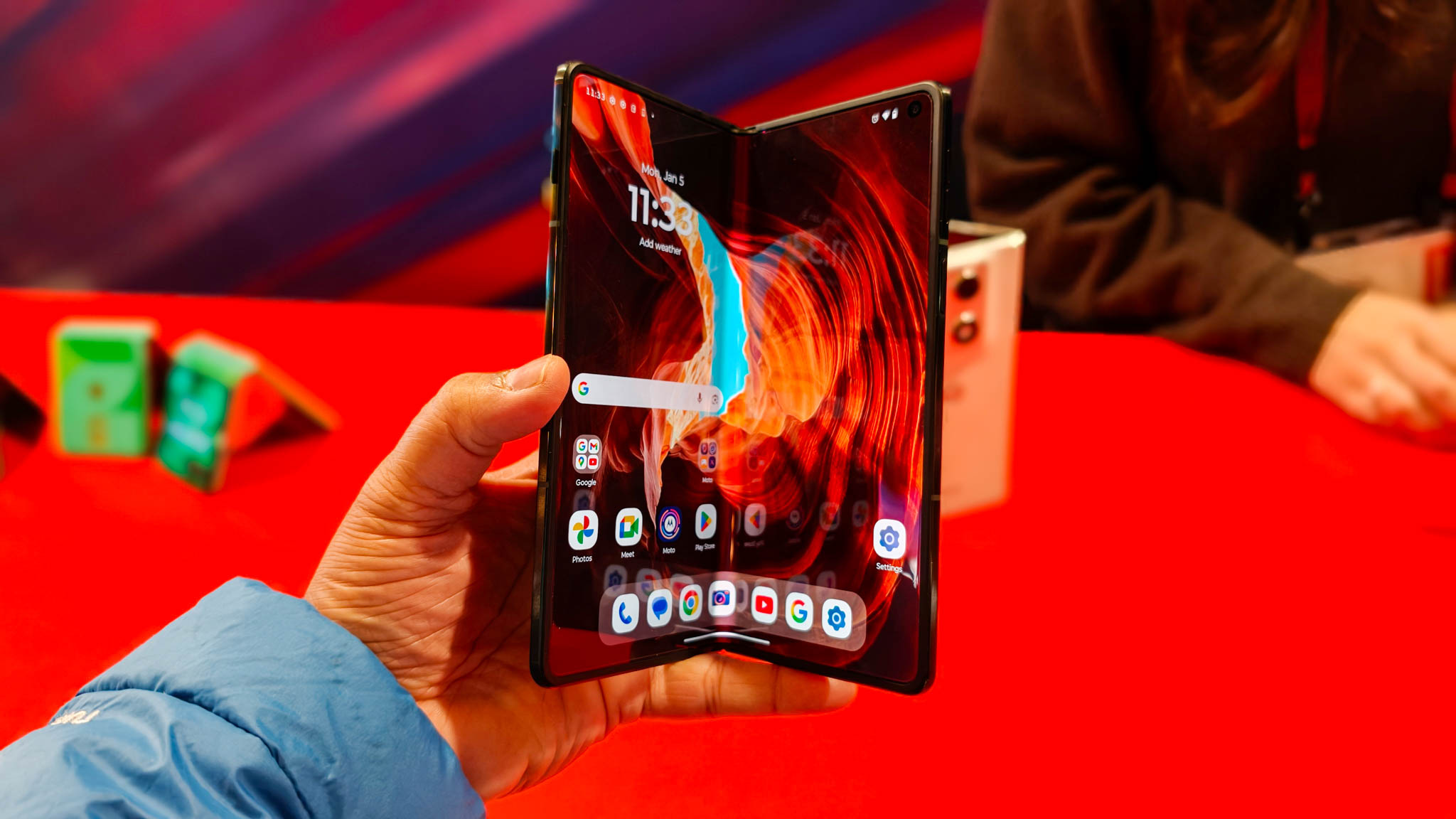There's very little a Chromebook can't do compared to Windows or a Mac
It's time to ditch the negative stigma around Chromebooks.
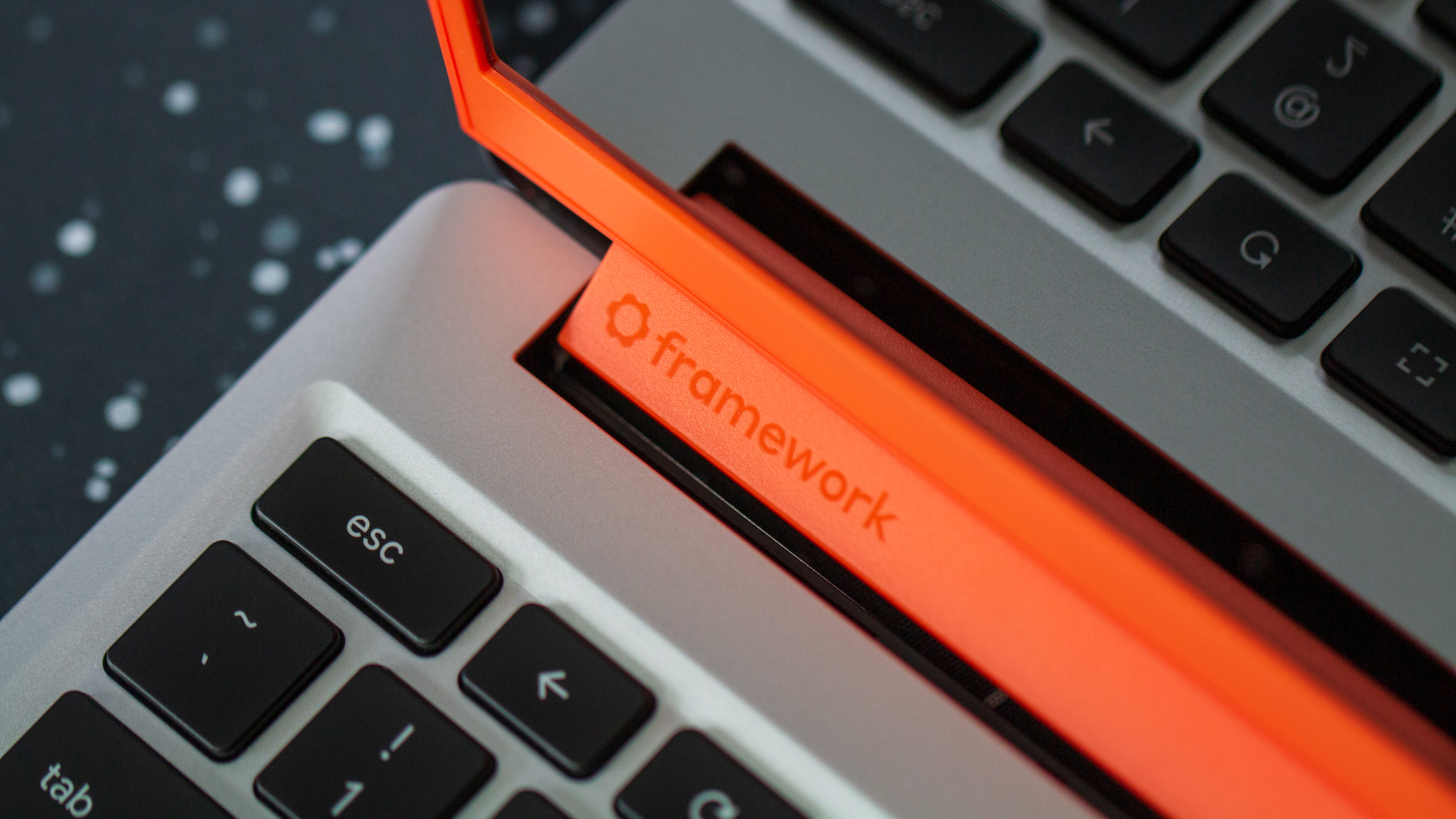
If you were to ask the question posed in the title five, or even three, years ago, we would have a much different answer. Since then, ChromeOS has continued to mature as a platform, bringing with it some much-needed improvements and functionality that were previously missing.
There seems to still be a bit of a stigma about Chromebooks and other ChromeOS devices, and Google is partly to blame. Chromebooks have become a staple in classrooms across the country, partially due to their low-cost nature, Enterprise control, and general ease of use. Chrome is the most popular internet browser in the world, and nothing else even comes close.
Premium Chromebooks can keep up with Windows and Mac
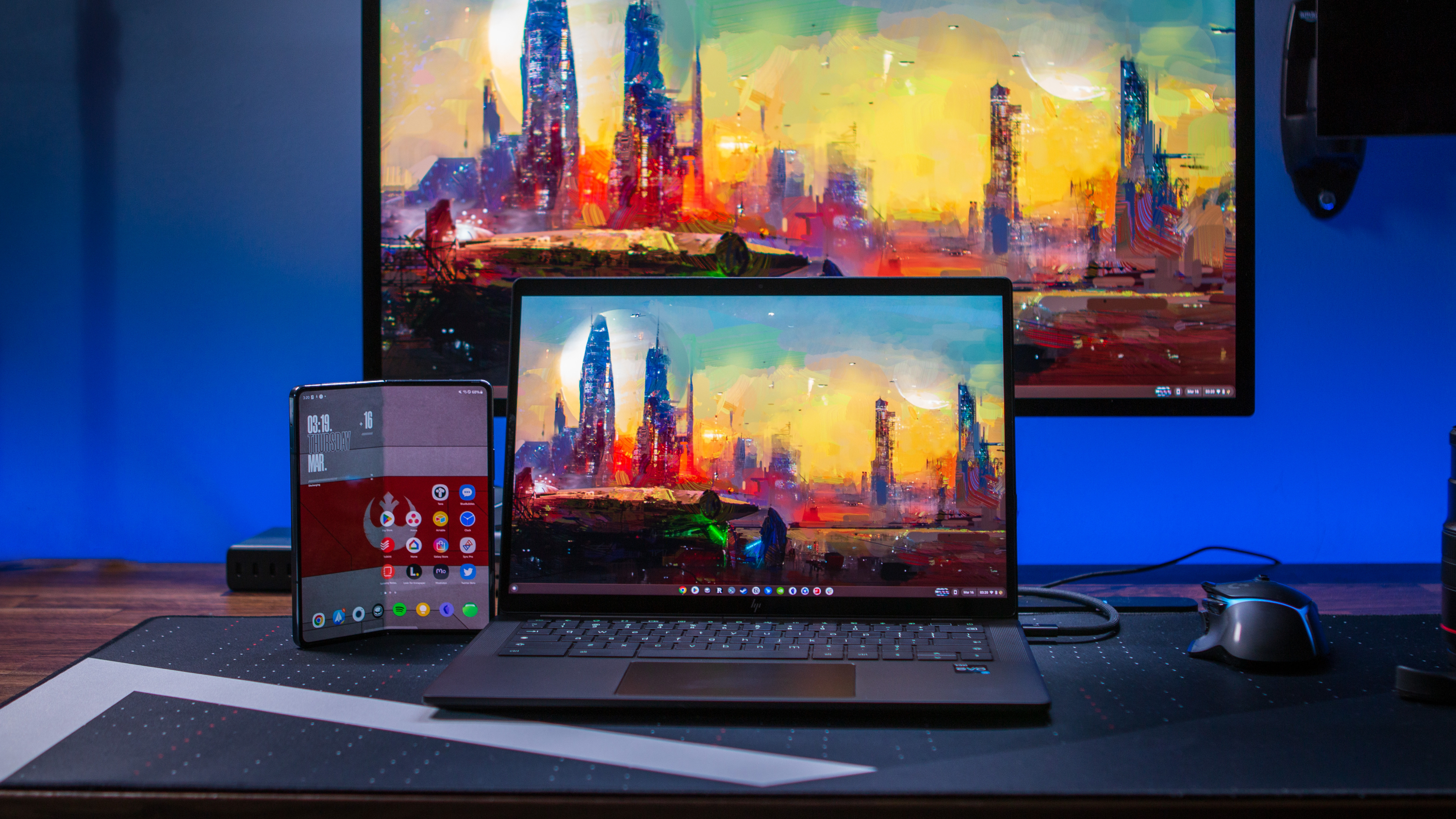
From a hardware perspective, the different Chromebooks that are available now are just as impressive as what you would see on the Windows side. Take the HP Dragonfly Pro Chromebook, powered by the Intel Core i5-1235U paired with 16GB of RAM and 256GB of storage. Not to mention the gorgeous display that can reach up to 1200 nits of peak brightness, along with being one of two Chromebooks with a haptic trackpad.
Let's compare that to the Microsoft Surface Laptop 5, as it's also powered by Intel's 12th Gen Core i5-1235U chip. The main difference here is that Microsoft offers some flexibility in the way of configurations. But for the same $999 that the Dragonfly Pro Chromebook retails for, you'll get a Surface Laptop 5 with 8GB of RAM, and a 256GB SSD.
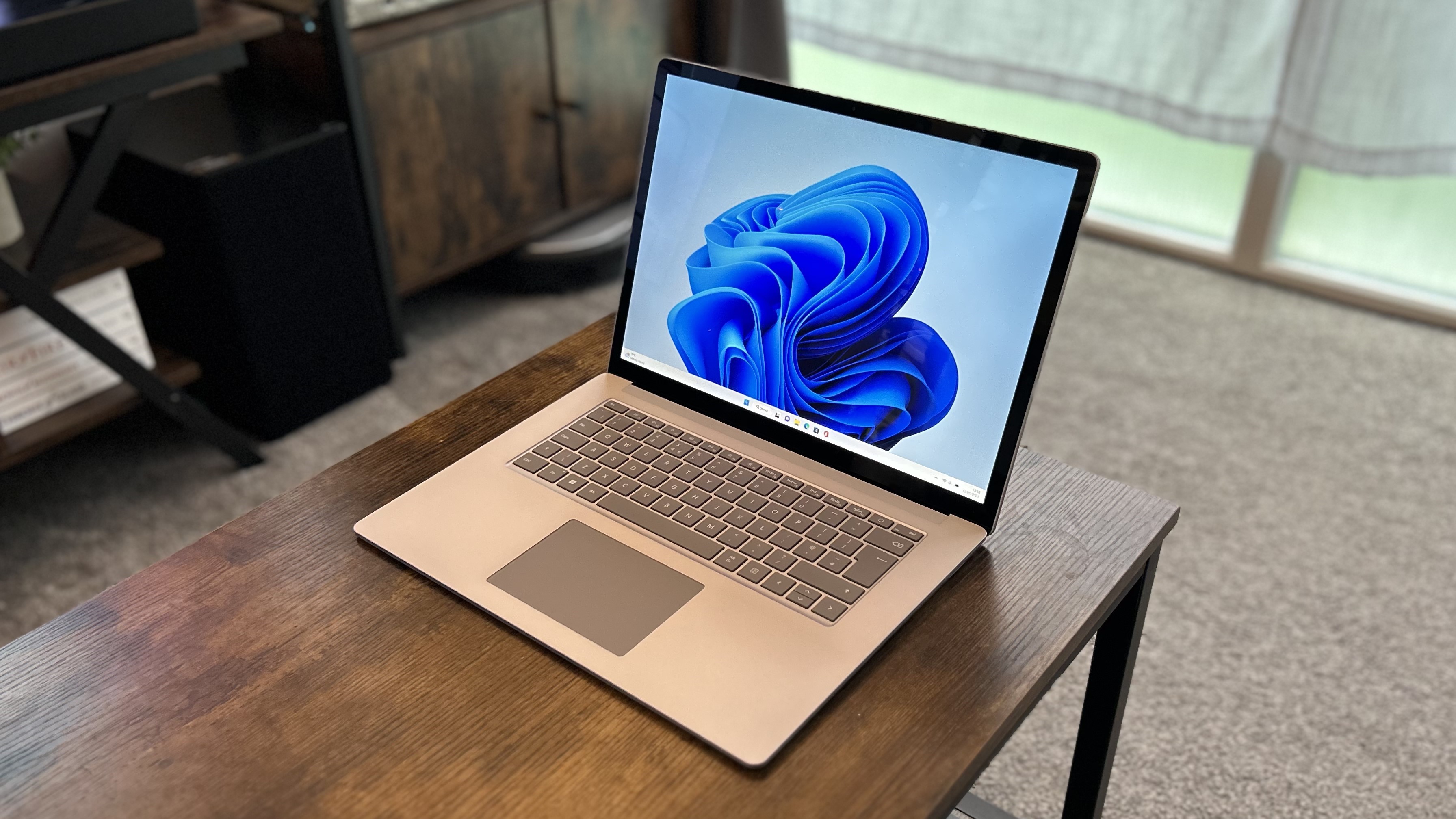
If you want to match up the RAM, you can only do so by springing for a 512GB SSD, which results in a price increase of up to $1,499. So an extra $500 just to get more RAM, and you're forced to upgrade the storage while keeping the same chipset.
Moving over to the MacBook side of the world, the only option currently available in Apple's lineup that matches up with the same $999 price tag is the 2020 MacBook Air. Apple recently updated its MacBook Air with an all-new design, along with the M2 SoC, but this also brought along a price increase, retailing for $1,199.
You don't need to spend $1,000 to get a great Chromebook, but the same can't be said about a Windows laptop.
Just as an aside, this is just an example of comparing the most premium Chromebook with what you'll find from Microsoft and Windows. There are plenty of great Chromebooks that don't cost anywhere near as much, while offering things like a convertible design or stowable USI Pen, such as the Acer Chromebook Spin 714.
Get the latest news from Android Central, your trusted companion in the world of Android
The landscape has shifted
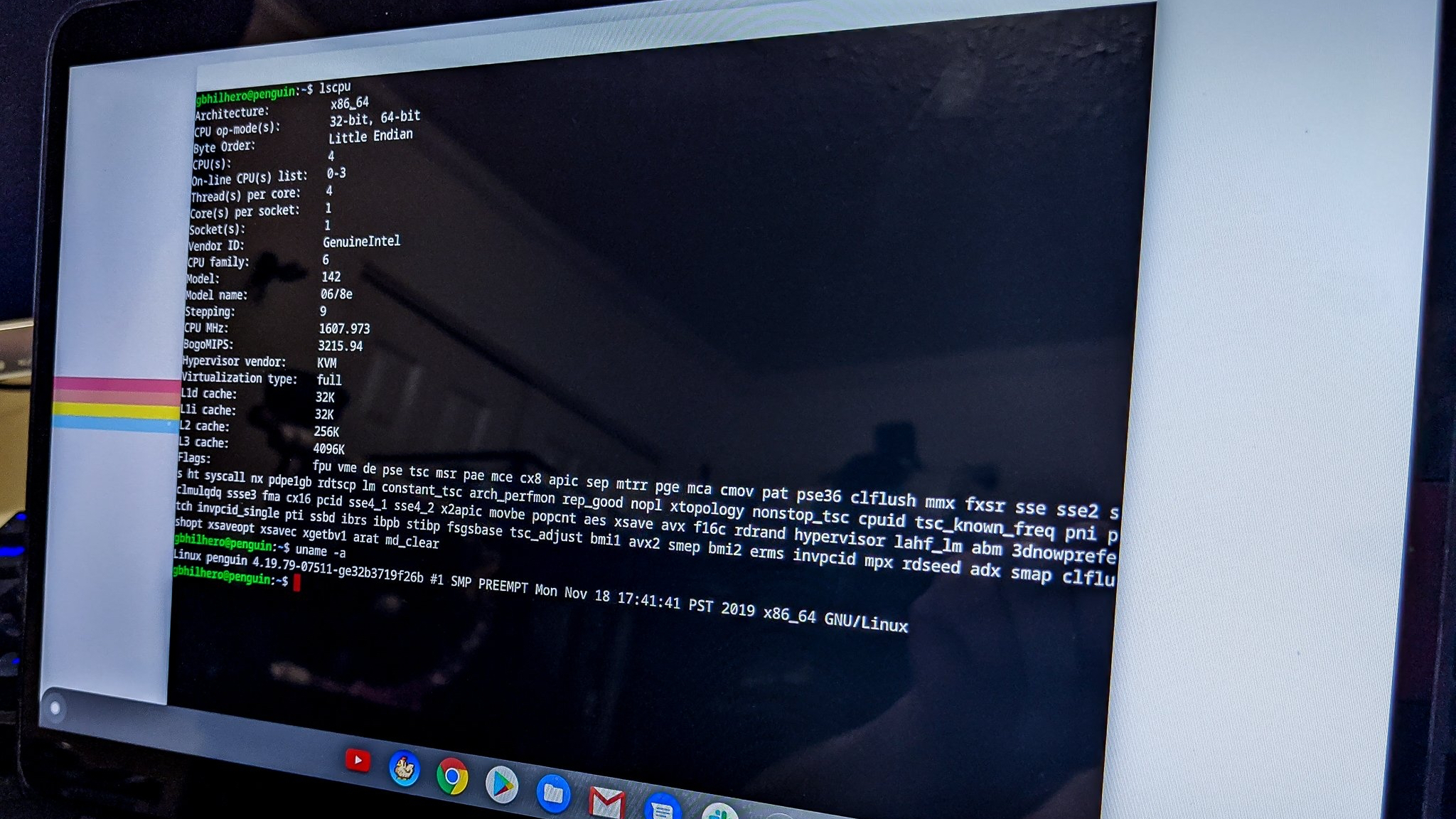
In just the last two years, not only have we seen more high-end Chromebooks released, but the platform itself continues to see massive improvements. When you walk into your local Best Buy, you'll see some of the best cheap Chromebooks, but these are also flanked by gaming-centric options, along with dual-purpose solutions.
Just in the last year, we've seen ChromeOS expand into the gaming space thanks to Google's ongoing development of bringing Steam to the platform. It also helps that there are a plethora of cloud-gaming solutions at your disposal, and that's not to mention the ability to play many of the best Android games, right from the Play Store.
Not only is Google working to improve the functionality of ChromeOS, but you can do almost everything on a Chromebook that you could on Windows or macOS. This includes things like video editing, and tinkering around with Linux without being too concerned about rendering your device useless (unless your name is Jerry.)
There are still some limitations
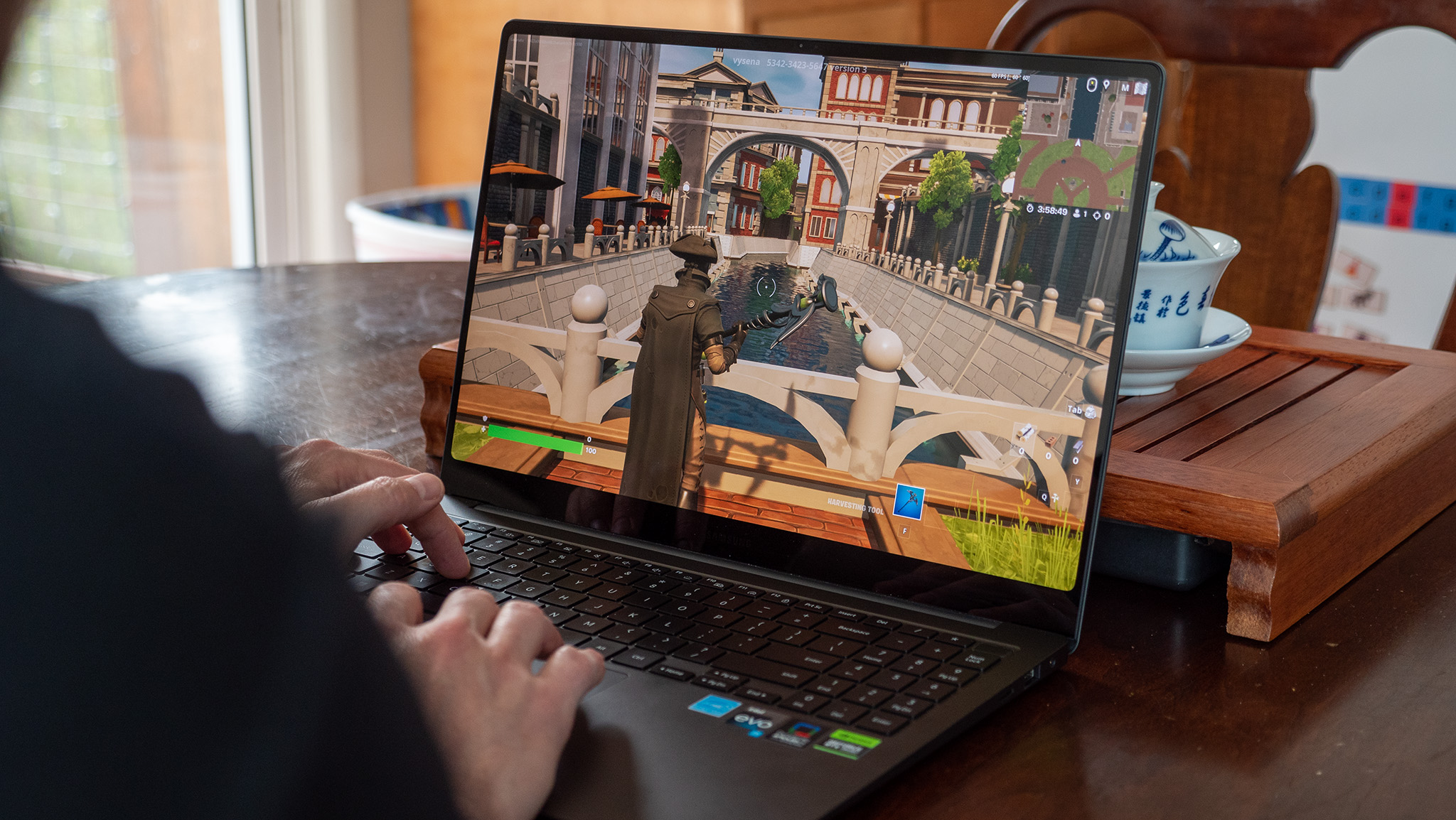
Chromebooks continue to be among some of the most affordable laptops on the market, matching up spec-for-spec with some of the best cheap Windows laptops. And only a couple of Chromebooks come even close to matching up, at least price-wise, with Apple's MacBook lineup. However, there's still quite a bit of commentary suggesting that you should opt for a Windows or macOS-powered laptop over a Chromebook.
Why is that?
The reality is that barely anyone is going to go through the steps to enable Linux on Chromebooks. This is both problematic and a non-factor, as it's great for tinkerers to have this flexibility, but the "average" consumer likely won't ever need to.
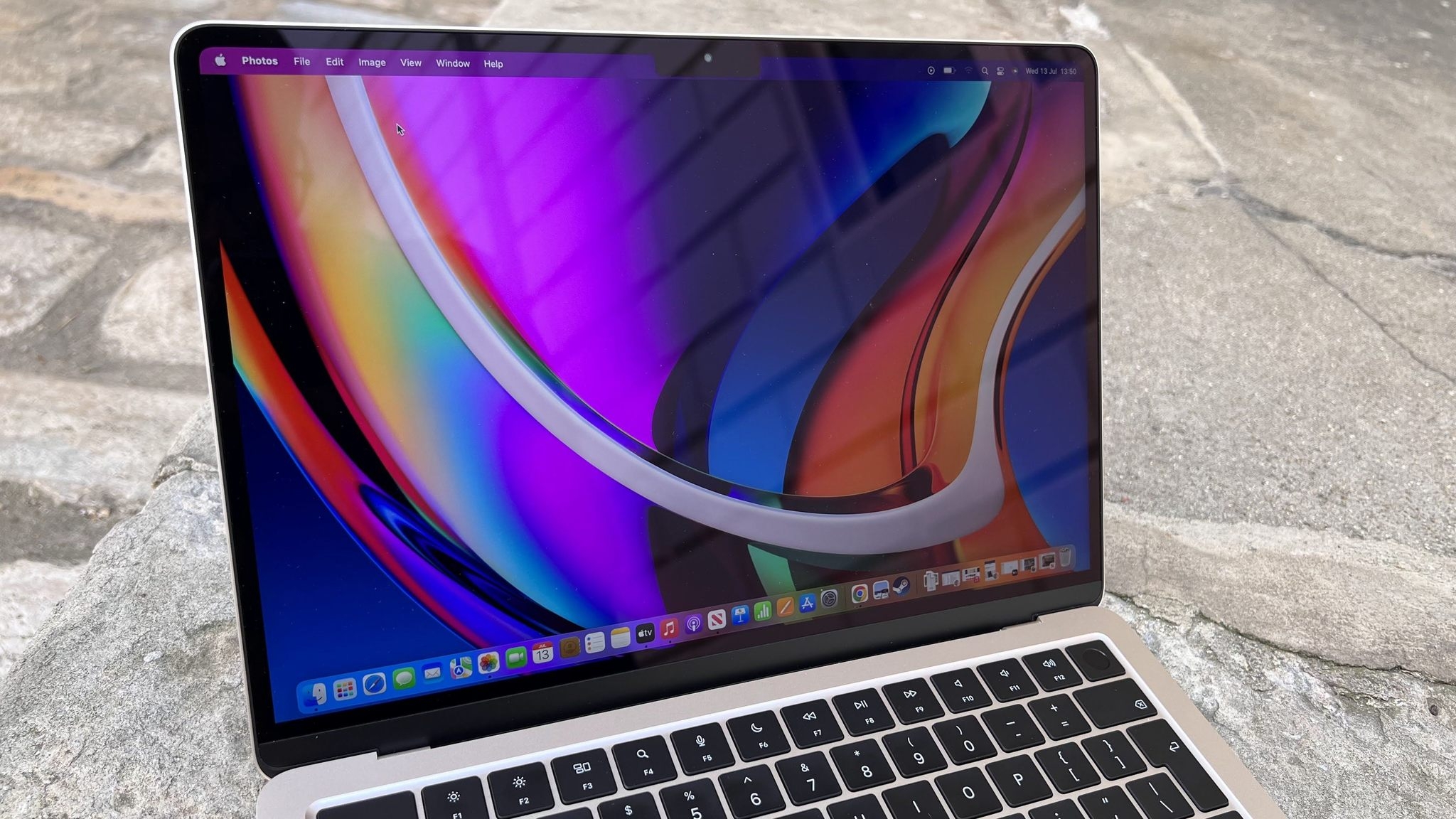
It's problematic because while there are an incredible number of apps on the Play Store, and Progressive Web Apps continue to get more impressive, they don't fill every need. In some cases, you can improve the usefulness of a Chromebook just by installing a Linux app, but it's not exactly the most user-friendly experience.
Meanwhile, if there's an app that you want, you can just download it on your Windows or macOS laptop. Even Apple's M Series of processors have the ability to run apps that aren't designed for the architecture, thanks to the Rosetta 2 Translation Environment. Unfortunately, it's not like you can download a .exe or .dmg file on a Chromebook, as there's no transition layer available, at least not yet.
The future of ChromeOS and Chromebooks is bright
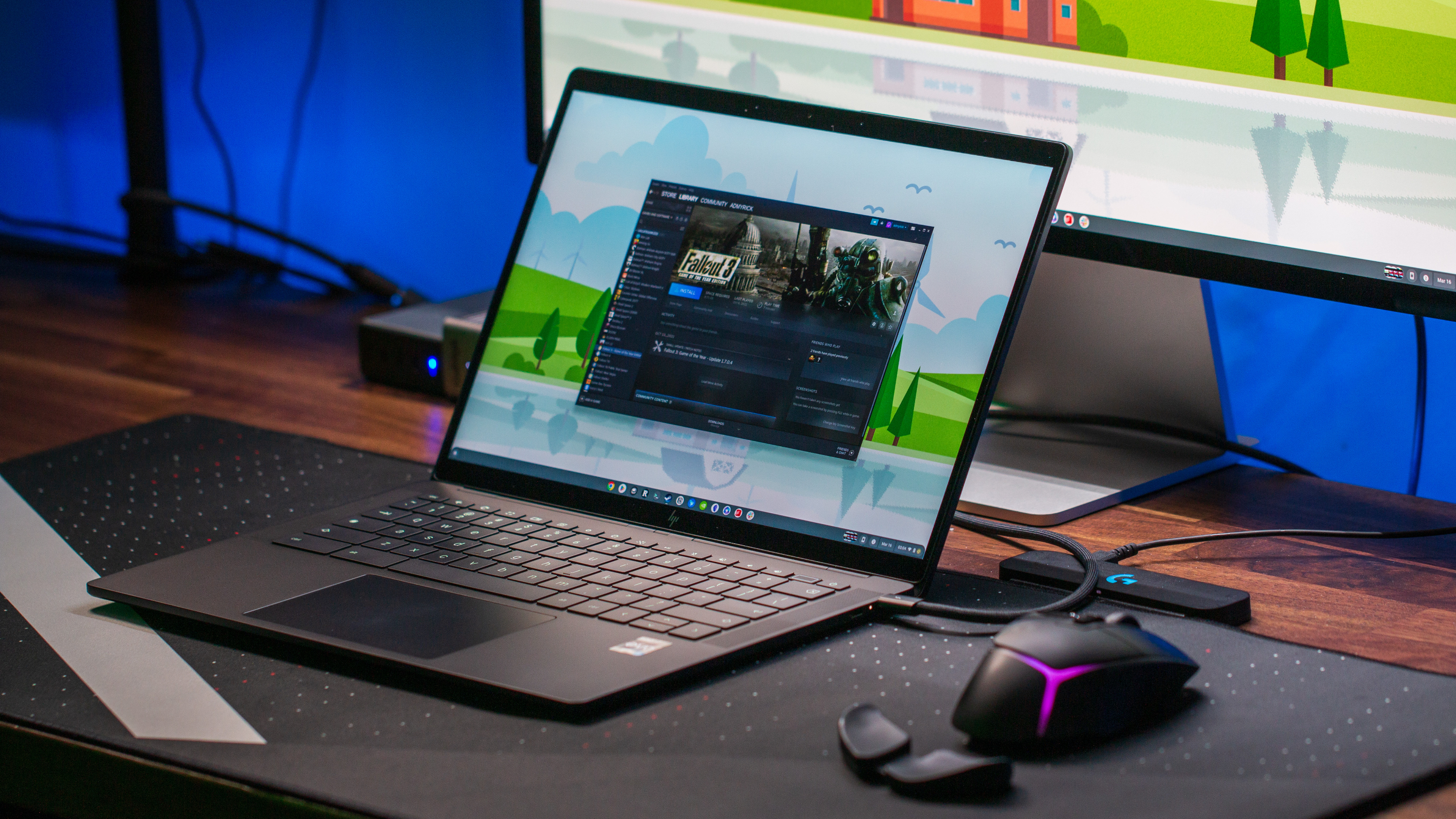
Outside of some potential niche use cases, a Chromebook should be the first laptop that you consider if you're in the market. You already know how Chrome works, and that's really all you need to know.
And if you're inclined to do so, you can play around with enabling Linux and tinkering with different apps or environments. Or maybe you want to play some of your favorite Steam games, well, you can do that too with just a couple of clicks.
It's really time for everyone to stop thinking that Chromebooks are useless for anything other than kids in school. These are much more affordable, even at the high end, compared to similarly-spec'ed Windows laptops.
ChromeOS isn't going anywhere anytime soon, and I can't wait to see what the "next big thing" will be.

Andrew Myrick is a Senior Editor at Android Central. He enjoys everything to do with technology, including tablets, smartphones, and everything in between. Perhaps his favorite past-time is collecting different headphones, even if they all end up in the same drawer.
